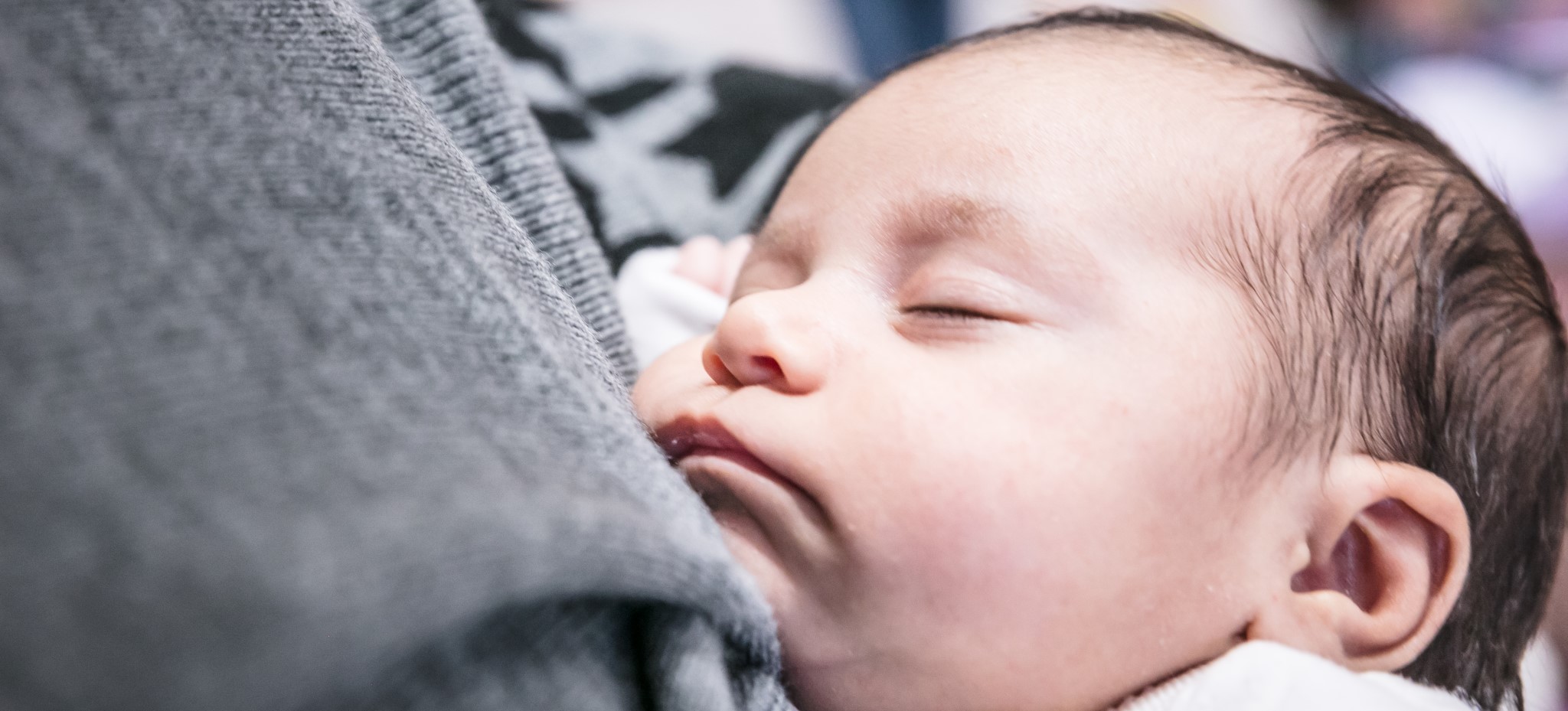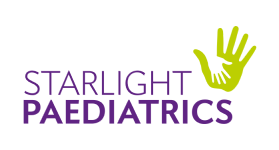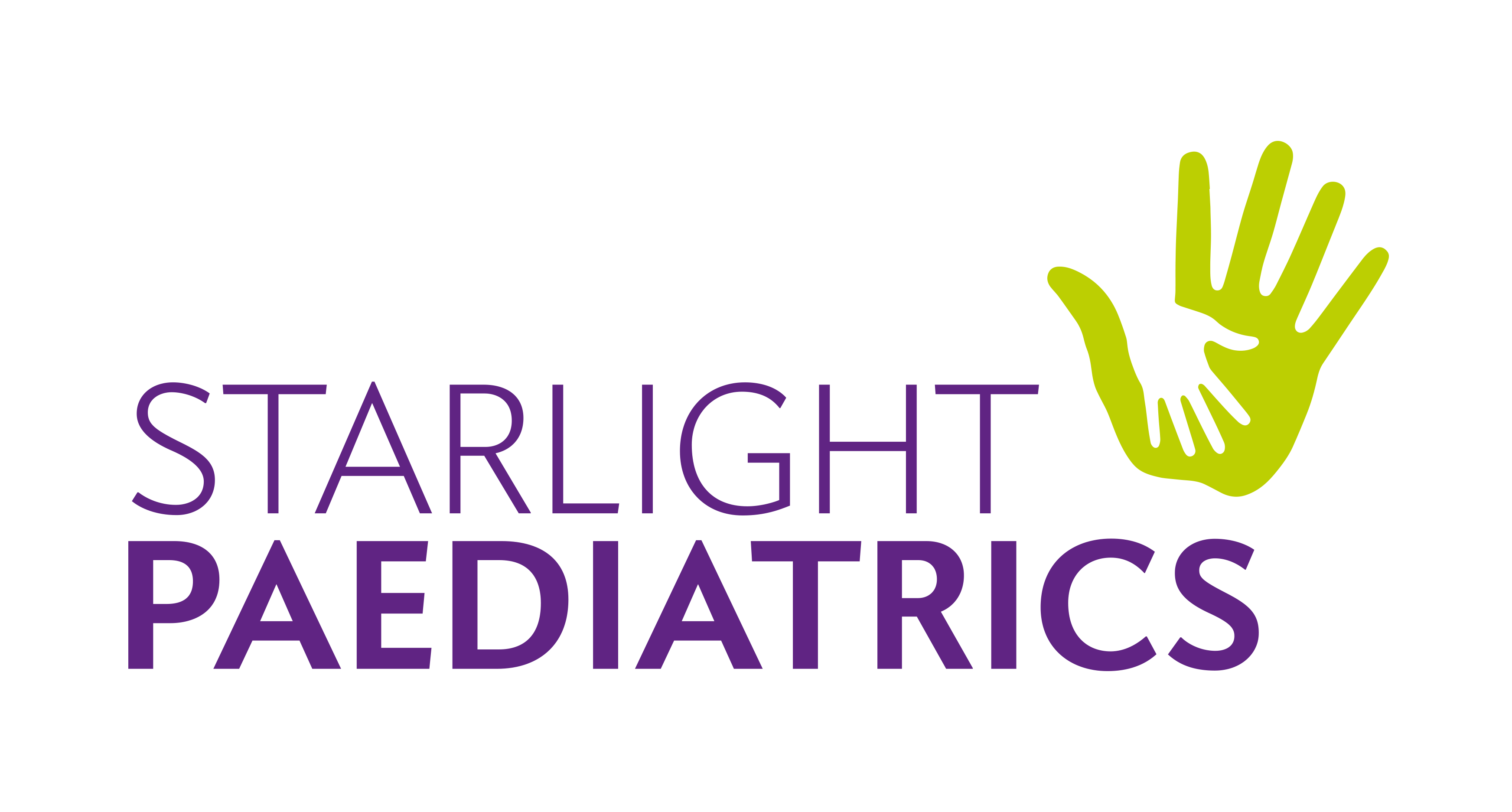
What does the newborn baby check include
Every new-born baby undergoes a series of routine health checks. Here’s what they are and what to expect.
When you give birth, your child will undergo a series of checks to make sure they are healthy and to screen for certain diseases. These will usually take place within 24 hours of birth and will include basic things such as birth weight and the circumference of the head on birth and there will also be a note made about whether the baby has passed meconium (dark stool) or urine.
A basic physical examination will check the following details:
-
- Appearance of the baby including colour, breathing, activity, posture or behaviour.
- The head, namely face, nose, mouth, ears, neck and general symmetry of head and facial features.
- Checking eyes for opacities and red reflex.
- Checking the neck, clavicle, limbs, hands, feet, fingers and toes.
- Listening to the heart, checking for the femoral pulse and any heart murmurs.
- Lungs: checking for a health breathing pattern and breath sound.
- Abdomen: checking for shape and the condition of the umbilical cord.
- Genitalia and anus: checking everything is complete and in place.
- Spine: inspecting and palpating the structure of the bone and the integrity of the skin.
- Skin: noting colour and texture as well as any birthmarks or rashes
- Central nervous system: the doctor will look at the tone, movement, behaviour and posture of the baby. If they have concerns, they may check your new-born’s reflexes.
- Limbs: checking the symmetry of the limbs and folds of skin.
- Crying: the doctor will listen to the sound of the baby’s cry to make sure it sounds normal.
- Blood test: each new-born should receive a blood spot test when they are five to eight days old to check for various diseases.
The purpose of these tests is simply to make sure your new-born baby is healthy and happy. If they do spot any problems, this is a chance to flag them up and ensure they are monitored.

